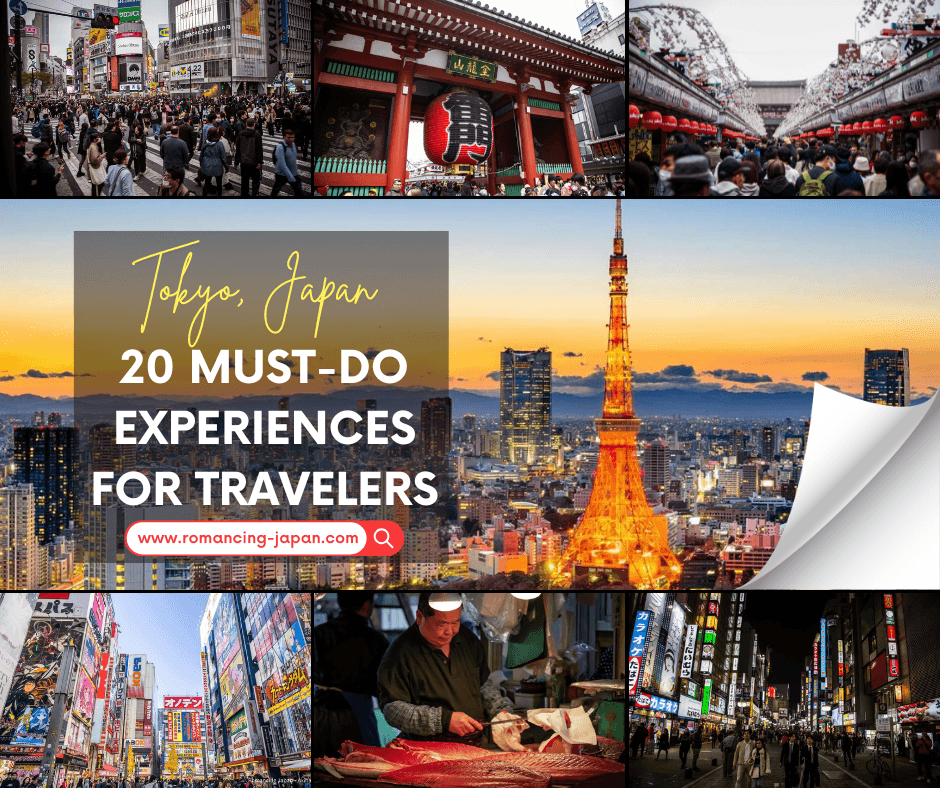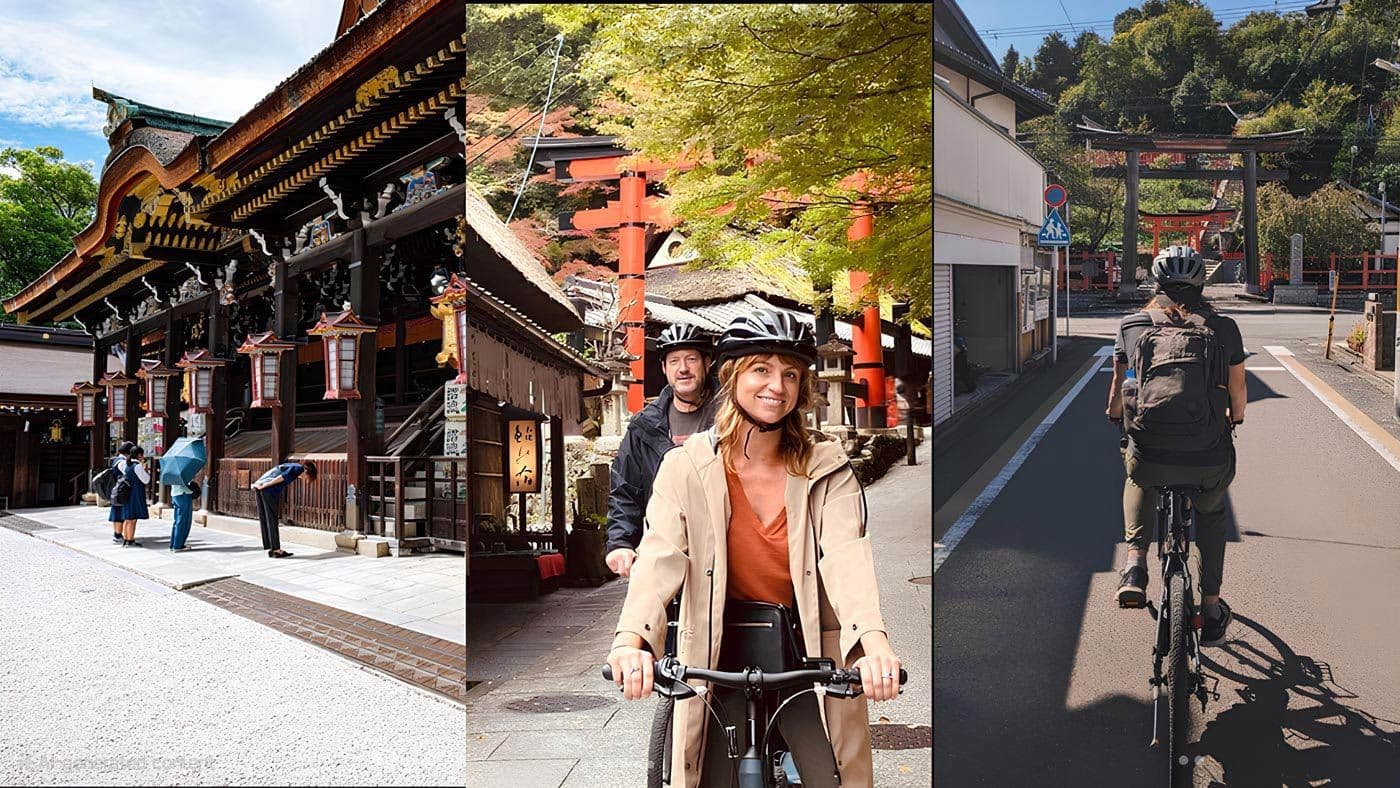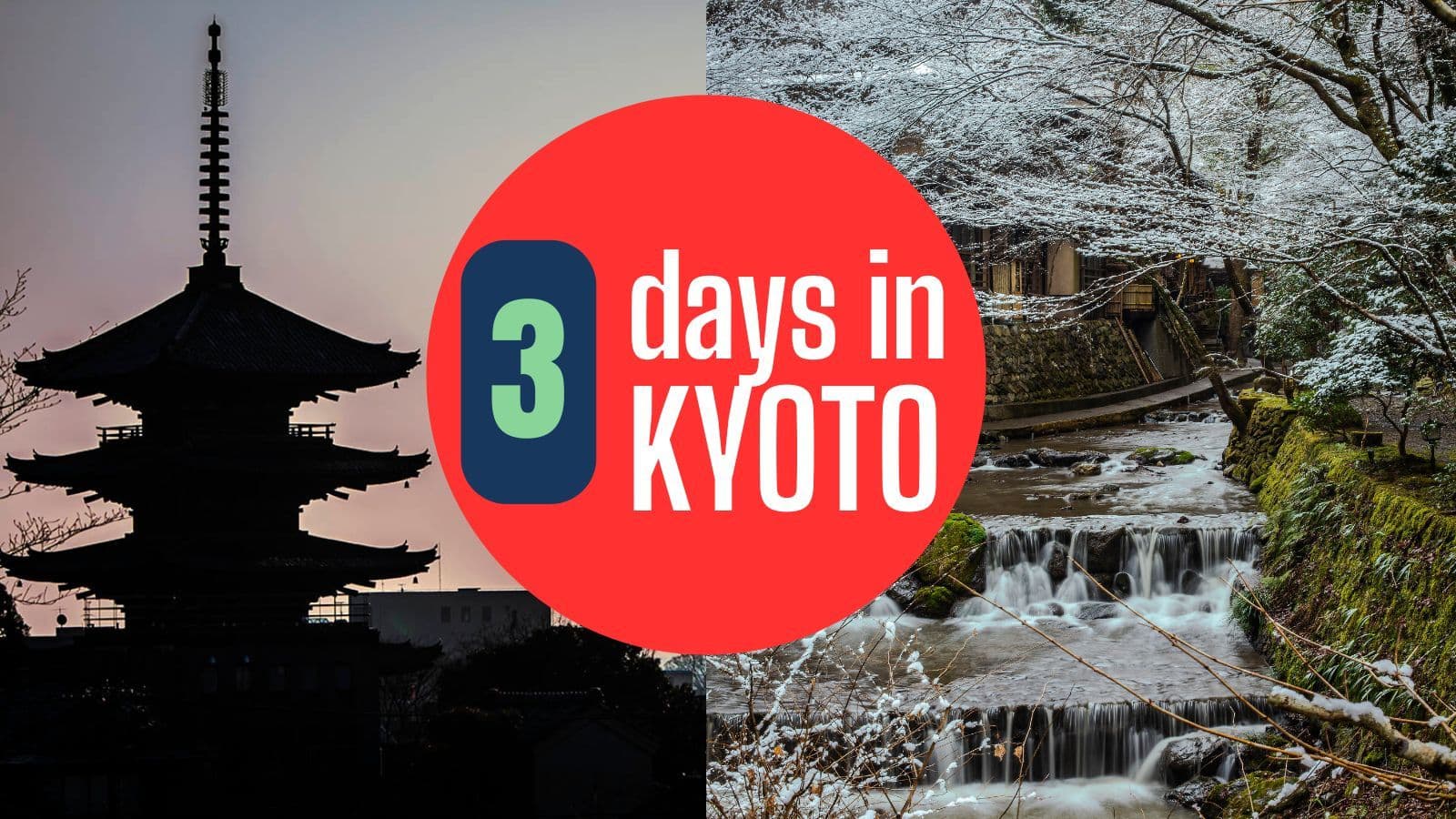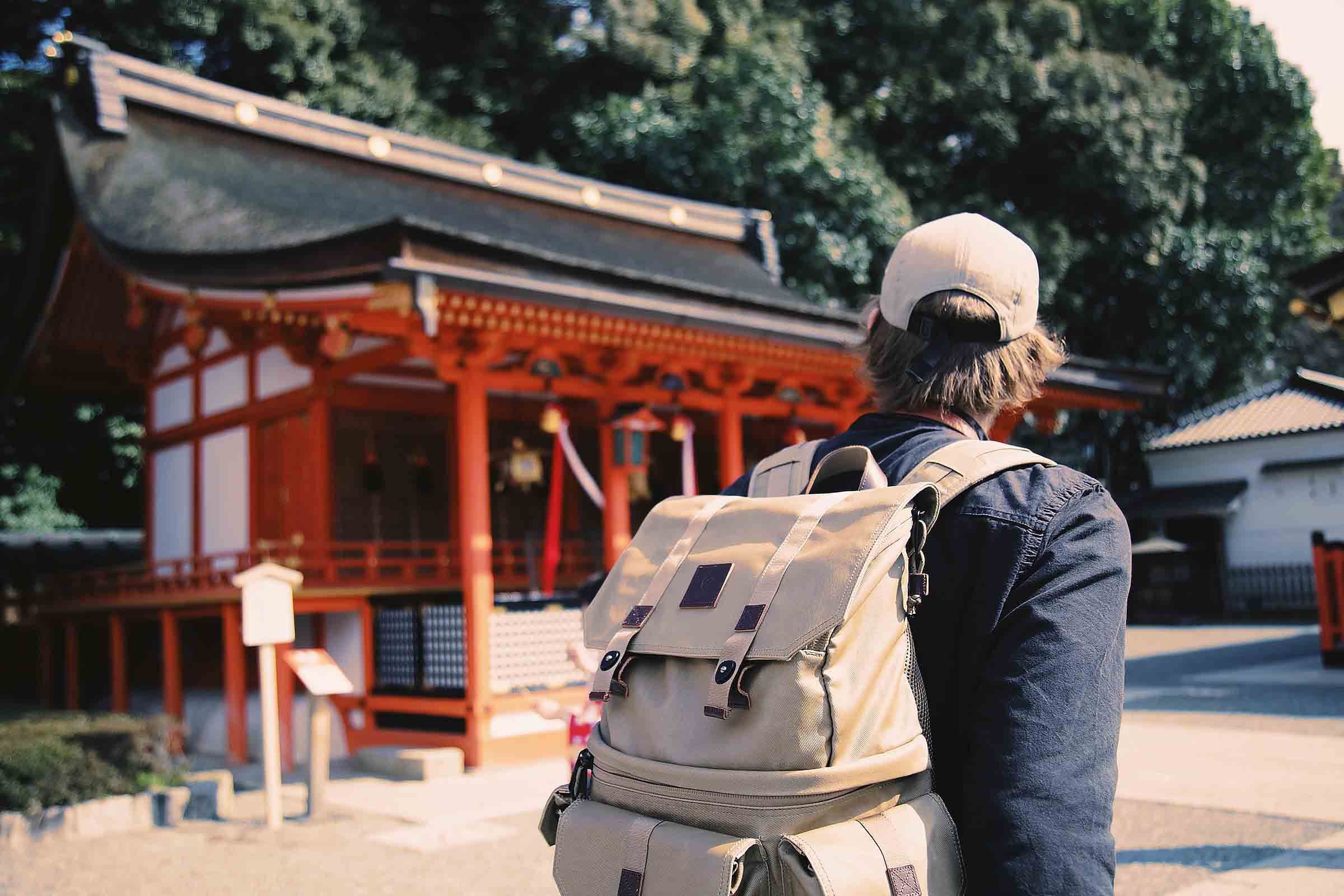
Japan's Love Hotels: A Full Guide for Curious Travelers
James Saunders-Wyndham

James Saunders-Wyndham
Table of contents:
If you really want to experience modern Japan, then I recommend some time in a Japanese ‘love hotel’ (ラブホテル - rabuhoteru)! Love hotels are also referred to as a 'adult only hotel', ‘couples hotel’ or a ‘short stay hotel’.
The idea might raise eyebrows among foreigners in Japan. But love hotels fill an important social need in Japanese culture. They offer private space in a country where small apartments and multi-generational homes make intimacy between couples challenging.
Love hotel guests are not limited to Japanese couples and dating in Japan. It can offer:

If you are looking to stay at love hotel while you’re in Japan, here are a couple of sites to help you. When you use these sites, look up the city and dates you want, then enter "adult only". Below is a Booking.com link for you to check out for yourself.
Japanese love hotels have a surprisingly long history that goes back to the Edo period (1603–1868). Back then, small teahouses called kashi-zashiki rented private rooms for romantic meetings.
The modern style of love hotels began in the 1950s, during a time of urban growth and social changes in Japan.
The name “love hotel” comes from Hotel Love, which opened in Osaka in 1968. It featured rotating beds and over-the-top decor.


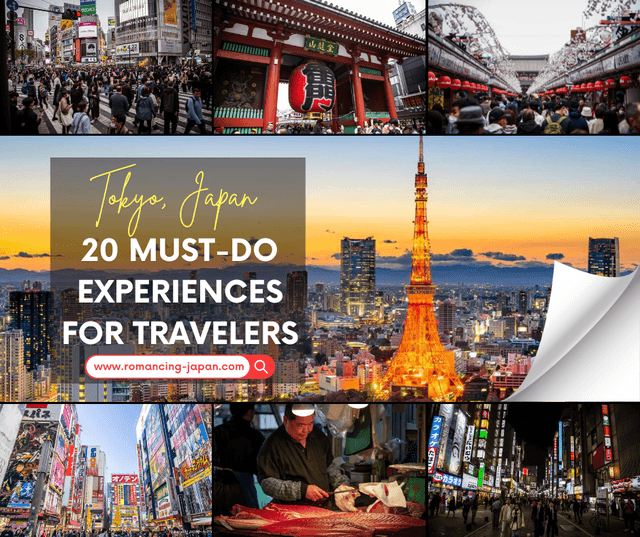
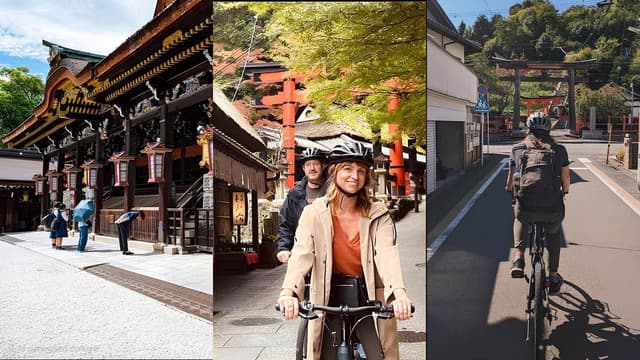
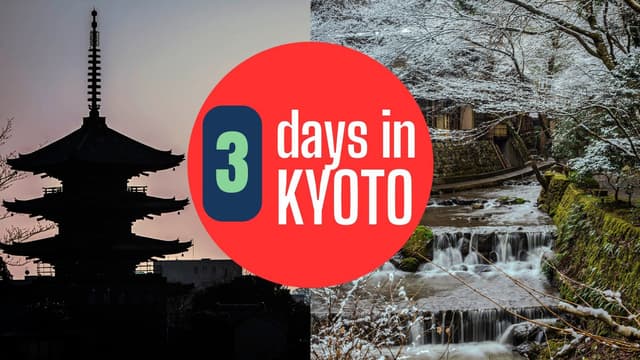

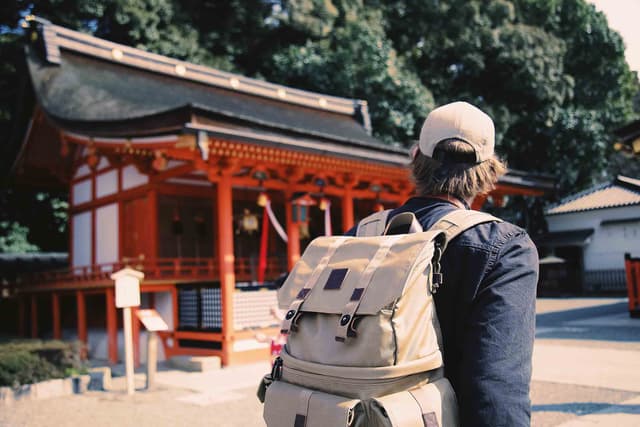

Japanese homes are often small and generations live under one roof, privacy can be hard to find. Even if you live alone, Japanese apartment walls are famously thin, and not insulated against sound. So, love hotels provide couples in Japan with a space to spend time together without worrying about thin walls or family members next door.

Love hotels let people enjoy private moments while still respecting social norms. Culturally, Japan places importance on maintaining social harmony and avoiding embarrassment. Because of this, most people in Japan will never show public displays of affection.

Love hotels are set up for discretion and privacy, with features designed to avoid face-to-face contact:
Love hotels offer two main types of stays:
If you're trying to save money, look for "service time" discounts during off-peak hours. Weekend and holiday rates tend to be higher - I've seen prices double during peak seasons!
I remember feeling completely lost my first time using a love hotel's automated check-in system. These days, the process seems simple, but it can be intimidating for newcomers. Let me share what I've learned about getting a room at these unique establishments.
Walking into a love hotel, you'll face an electronic panel showing available rooms. Here's what happens next:
Love hotels offer several payment options. From my experience, it's best to carry cash as backup, though most places now accept:
Every love hotel room I've seen comes with:
Modern love hotels are designed as entertainment hubs for couples. Most have huge TVs hooked up to Netflix, YouTube, and regular Japanese channels. Many rooms include カラオケ (karaoke) machines - perfect for a private singing session.
Some fancier places go all out with:
While Japanese love hotels are famous for their over-the-top themed rooms, the reality is that most hotels are NOT themed. Themed rooms were very popular during the 'bubble economy' era.
If you are looking for a themed love hotel in Japan, I recommend that you do your research first to avoid disappointment (check out the website list provided at the start of the article).
Trust me, love hotels often beat regular hotels with their amenities and cleanliness. That's why millions of Japanese couples choose them every day. Whether you're planning a quick rest or staying overnight, knowing these basics helps avoid those awkward moments I experienced as a newcomer.
Remember - in Japan, smooth social interactions depend on everyone following the rules. Love hotels are no different. Show respect for the system, and you'll understand why these places have become such an important part of modern Japanese life.
Love hotels in Japan are short-stay accommodations designed for privacy and discretion. They mostly target couples who are seeking a space for intimacy. Love hotels often feature themed rooms and luxurious amenities charged at an hourly rate. This makes them perfect for both romantic getaways and practical use in Japan where privacy can be limited due to small living spaces.
Love hotel rates vary depending on the duration of stay. Short "rest" periods of 1-4 hours usually cost between ¥3,000-¥7,000, while overnight stays typically range from ¥8,000-¥14,000. Prices may be higher on weekends or holidays, and some hotels offer discounted rates during off-peak hours.
Most love hotels feature automated check-in systems using electronic panels to select and book rooms. Most love hotels will ask for payment on check-out, which can be made cash or credit cards. For overnight stays, check-out times are typically between 10:00 AM and 11:00 AM. Late departures may incur additional charges. To check out, you usually call the front desk to unlock your room to allow you to leave. Guests are expected to settle all room charges and return any rented items before departure.
No, you cannot leave a love hotel and return later without paying again. If you leave your room, it means that you are checking out. Most love hotels operate on a "pay per stay" system, whether it's a short rest (a few hours) or an overnight stay. If you leave the room or the love hotel, it concludes your booking. If you want to continue your stay, you will need to check in and pay for a new room. However, policies can vary between hotels, so it's best to confirm with the front desk if you're unsure.
Yes, you can go to a Japanese love hotel alone. It's true that love hotels are designed for couples. However, many love hotels allow solo guests. Some even market themselves as accommodation for solo travelers or those looking for privacy. Take note that policies can vary between hotels, and some may restrict solo stays due to their focus on couples. If you're planning to stay alone, it's best to check the hotel's rules beforehand to avoid any issues.
Loading Comments...

I've been immersed in Japanese culture and daily life for over 30 years and am proud to call Japan my home. Originally from Australia, my journey has taken me from teaching at Japanese universities to traveling extensively across the country, uncovering its hidden gems. As a web developer, I built Romancing Japan from the ground up to share these experiences with you. Whether it's the charm of old Kyoto, the pulse of Tokyo, or the tranquility of the countryside, I love helping others discover the magic of Japan—one story at a time.
